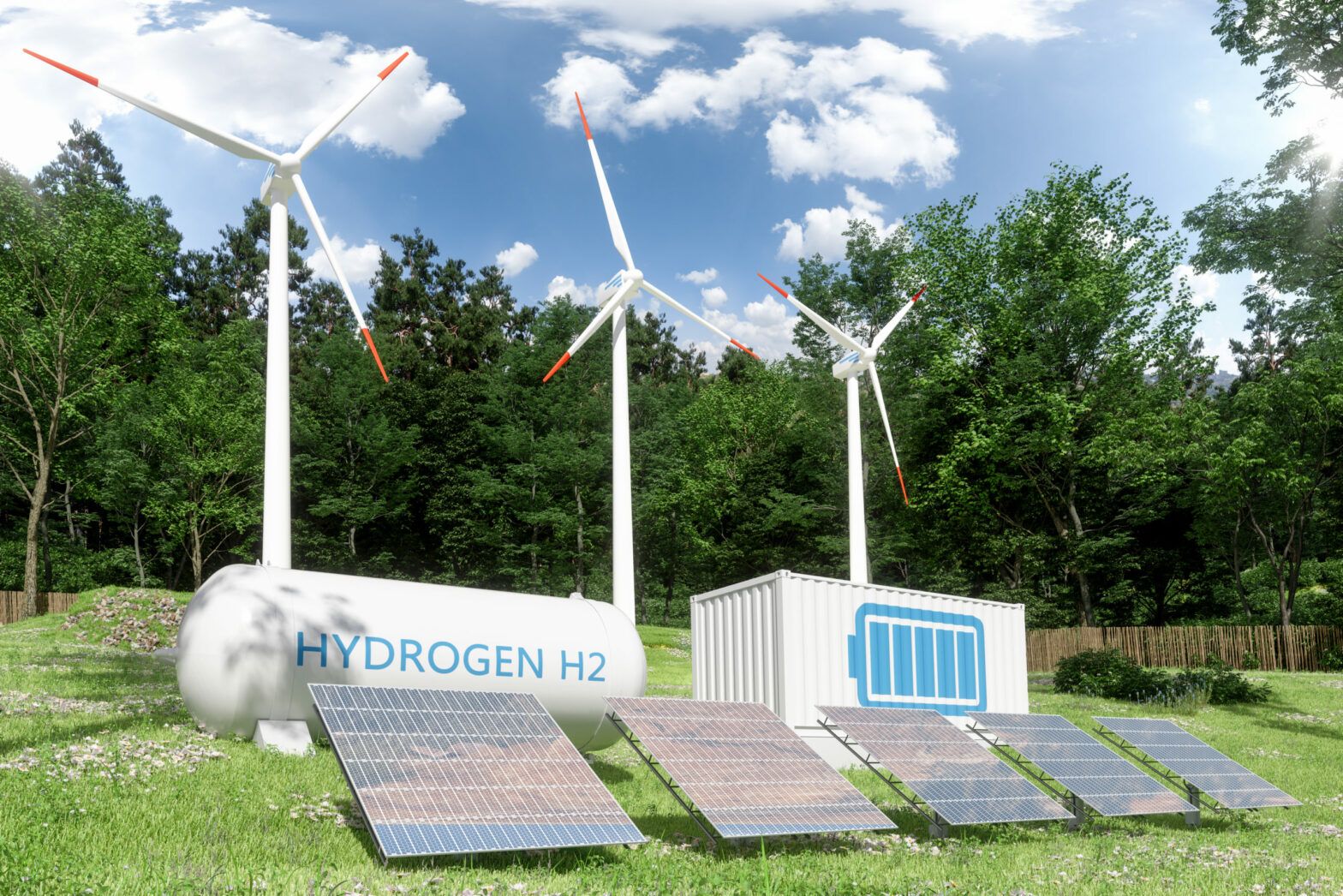The UK government has today announced a hydrogen strategy intended to set out how it will reach its goal of 5GW of hydrogen production capacity by 2030.
The strategy is based on the one it used for offshore wind, which included a contracts for difference scheme. This incentivises investment in renewable energy by providing developers with direct protection from volatile wholesale prices and aims to protect consumers from paying more support costs when electricity prices are high.
A consultation on using a similar approach for hydrogen production has been launched today, along with a consultation on a £240m Net Zero Hydrogen Fund, which aims to support the commercial deployment of new low carbon hydrogen production plants across the UK.
The government said the UK hydrogen economy could be worth £900m and create more than 9,000 jobs by 2030, and be worth up to £13bn by 2050.
Business and energy secretary Kwasi Kwarteng said: “With the potential to provide a third of the UK’s energy in the future, our strategy positions the UK as first in the global race to ramp up hydrogen technology and seize the thousands of jobs and private investment that come with it.”
Twin track
Other measures in the strategy including supporting several different technologies, such as “blue” and “green” hydrogen, developed to enable production, what the government is calling the “twin track” approach.
Hydrogen director at National Grid Antony Green said: “The transition to a green economy will require a mix of technologies and hydrogen will play a vital role.
“Importantly, unlocking the potential of hydrogen as a clean energy solution requires significant pace and innovation to scale up production, and the guidance from government today will be key to triggering the investment and buy-in needed to achieve this.”
However, Chris Jackson, CEO and founder of hydrogen solution company Protium, said this should be questioned.
“By investing in blue hydrogen, the government will ensure the UK is locked into a fuel import strategy, that by design cannot be a net-zero solution and that will channel billions to the largest energy companies on earth instead of supporting and growing leading UK SMEs.”
He added: “While this strategy is not necessarily worse than what we had been hoping to have confirmed by the government, it has not introduced a long list of upsides and offers little to support the SME space.
“As we delve deeper into this ‘strategy’ only one week after the IPCC’s report was published, what has become clear is that irrespective of today’s news, now is the time to accelerate action and we hope the government strengthens its support for green hydrogen in years to come.”
The strategy also involves collaborating with industry and working with it to assess safety, and undertaking a review and development action plan.








